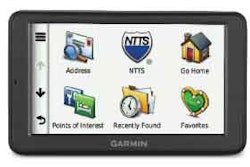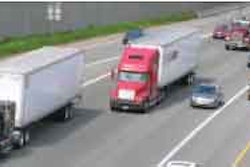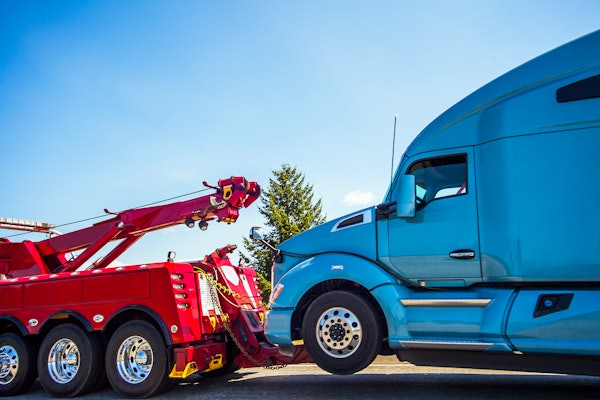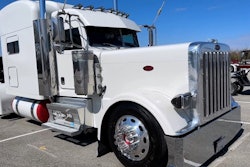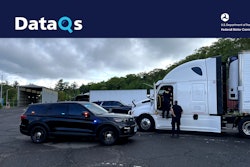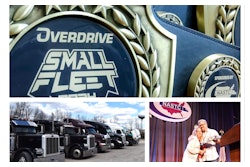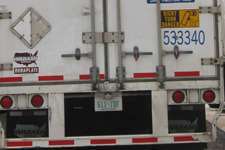 Tests indicate underride guards on tractor-trailers can fail in relatively low-speed crashes.
Tests indicate underride guards on tractor-trailers can fail in relatively low-speed crashes.The Insurance Institute for Highway Safety has asked federal officials to require greater rear impact protection for commercial trailers.
On Feb. 28, the group of insurance companies and associations petitioned the National Highway Traffic Safety Administration to upgrade Federal Motor Vehicle Safety Standards for underride guards, which are meant to prevent a car from sliding under a truck or trailer in a crash.
The institute wants the agency to require underride guards strong enough to remain in place during a crash and to mandate guards for more large trucks and trailers than currently stipulated.
The institute released crash tests that indicated underride guards on tractor-trailers can fail in relatively low-speed crashes. It analyzed the Large Truck Crash Causation Study, a federal database of about 1,000 crashes in 2001-2003. Underride, was a common outcome of the 115 crashes involving a four-wheeler striking the back of a truck or semi-trailer.
The NHTSA’s last rule on the matter was in 1998, when it set rear underride guard dimensions and the types of trailers requiring these guards. It also set minimum strength requirements in quasi-static tests at three places on the guard.
The NHTSA will accept comment until March 8 on a Federal Register notice on a technical report it published on the issue, “The Effectiveness of Underride Guards for Heavy Trailers.”

That report studied Florida and North Carolina data, which showed a drop in fatalities and serious injuries to passenger vehicle occupants when rear-ending a tractor-trailer after the 1998 standards were implemented. However, it concluded the decrease was not statistically significant. The Fatality Accident Reporting System does not list trailer model years, so conclusions could not be drawn from this data either, the researchers said.
Docket number, NHTSA-2010-0150, must accompany public comment, which may be submitted:
• Online at www.regulations.gov
• Via fax: (202) 493-2251.
• By mail to Docket Management Facility; M-30; U.S. Department of
Transportation; West Building, Ground Floor, Room W12-140; 1200 New
Jersey Ave. SE; Washington, DC 20590.

